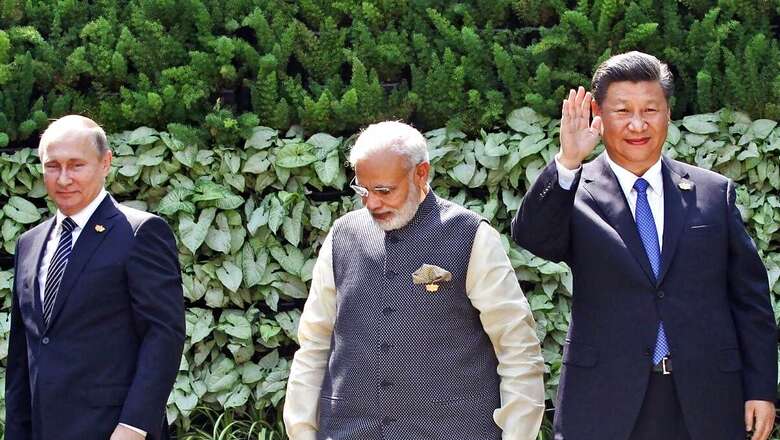
views
South Africa will host the BRICS Summit later this month, which will be attended by several world leaders, including Prime Minister Narendra Modi. The summit scheduled from August 22 to 24 is set to extensively deliberate on the expansion of BRICS.
The BRICS brings together five of the largest developing countries in the world—Brazil, Russia, India, China, and South Africa and represents 41 per cent of the global population, 24 per cent of the global GDP and 16 per cent of the global trade. Russian President Vladimir Putin has already decided not to travel to Johannesburg for the summit.
While the member nations meet in Johannesburg, several countries, including Argentina, Egypt, Indonesia, the UAE, Saudi Arabia and others, are willing to join the bloc.
News18 takes a look at what it means for BRICS expansion and what is means for India and the bloc.
Why the Need for BRICS Expansion
BRICS is considering expanding its membership, and a growing number of countries, mostly from the global South, have expressed interest in joining.
China initiated the conversation last year around expanding the body as it tried to build diplomatic clout to counter the West’s dominance in the United Nations and push forward its economy after Covid slowdown.
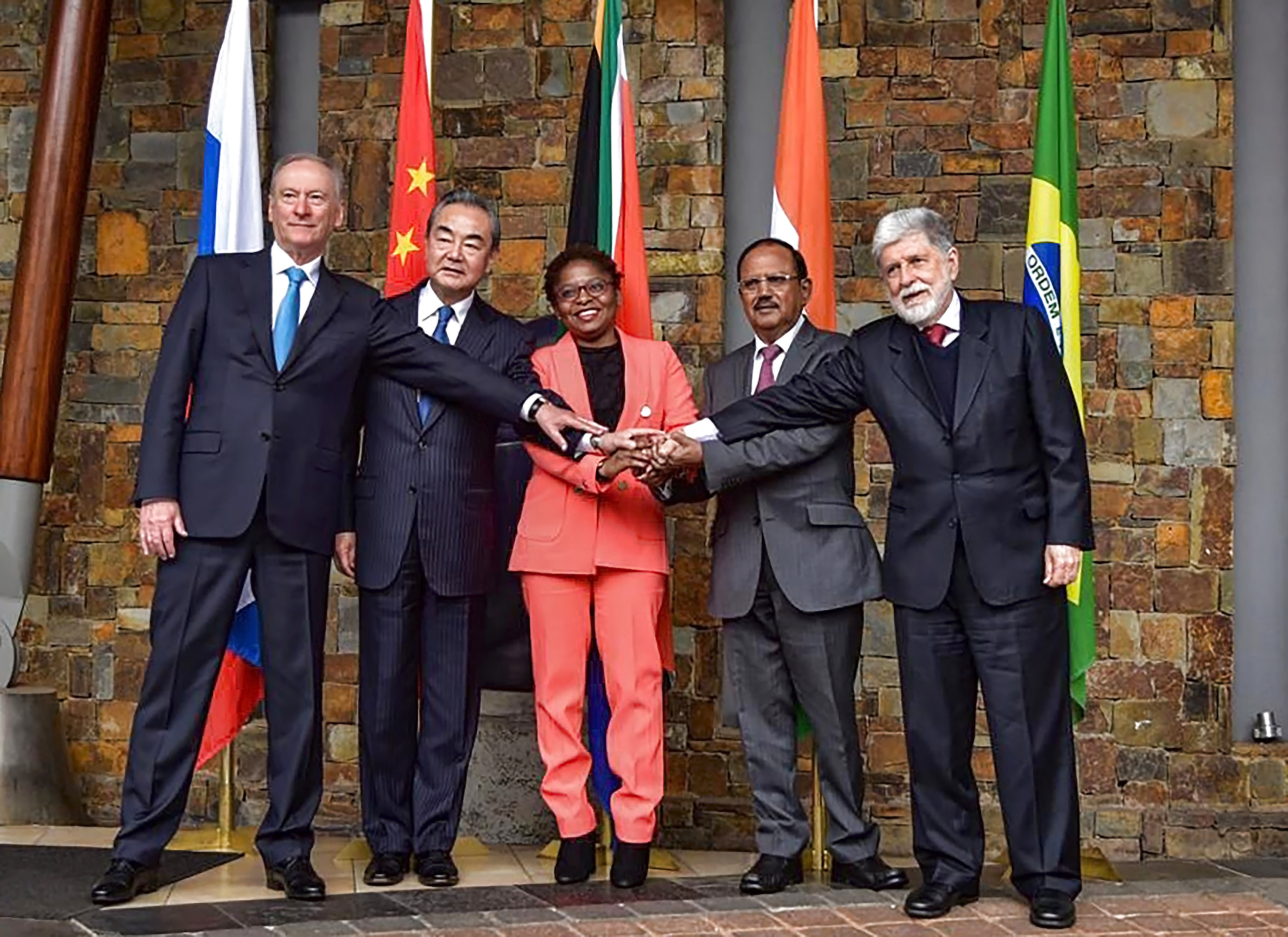
Several countries including United Arab Emirates, Saudi Arabia, Argentina, Iran, Egypt, Bahrain, Indonesia and Kazakhstan have shown their willingness to join the BRICS.
As per reports, more than 40 nations have indicated an interest in joining the bloc of major developing economies. Other reports claimed that 30 countries conveyed their willingness to join the group, with 22 of them applying formally.
Earlier in June, representatives from Iran, Saudi Arabia, the United Arab Emirates, Cuba, Democratic Republic of Congo, Comoros, Gabon, and Kazakhstan attended a meeting in Cape Town for so-called “Friends of BRICS” talks. Egypt, Argentina, Bangladesh, Guinea-Bissau and Indonesia participated virtually.

BRICS, an economic bloc that includes Brazil, Russia, India, China and South Africa, was formed on June 16, 2009. South Africa was the only country to join the block after its formation in December 2010.
While China and South Africa support the expansion and Russia should fall in line with China, India and Brazil are concerned that their own influence will diminish.
India’s Position
India views such a rapid expansion of the group with suspicion, but has not publicly opposed it in public.
External affairs ministry spokesperson Arindam Bagchi on Thursday reiterated India’s position that BRICS should be expanded through “full consultation and consensus” among members of the bloc.
"This is simply not true…", MEA Spox on reports that India has reservation on expansion of BRICS. pic.twitter.com/iEzPBAVQho— Sidhant Sibal (@sidhant) August 3, 2023
External affairs Minister S Jaishankar last month said that the expansion of the BRICS bloc is still a work in progress and member countries are approaching the idea with a positive intent and an open mind.
India suggests that if BRICS intends to expand, it should consider emerging economies and democracies like Argentina and Nigeria, rather than Saudi Arabia with its autocratic rule. New Delhi is also sceptical of the inclusion of new members as it could tilt the bloc more towards China.
What Does the Expansion Mean
The expansion of BRICS could be seen as a direct challenge to the West, as the expansion of the bloc supported by China and Russia is seen to counter the Western dominance and dollar trade.
The expansion of BRICS could serve a major blow to the US dollar, which is currently the world’s reserve currency. If BRICS were to launch its own currency, it could provide an alternative to the dollar and could reduce its dominance, a report in Outlook magazine said.
Countries that have officially applied to join the BRICS ???????? Algeria???????? Argentina???????? Bahrain???????? Bangladesh???????? Egypt???????? Ethiopia???????? Indonesia???????? Iran???????? Mexico???????? Nigeria???????? Saudi Arabia???????? United Arab Emirates???????? Venezuela
— The Spectator Index (@spectatorindex) August 2, 2023
Post-Ukraine war a number of countries including India have been using alternate currencies for trade as the Western sanctions on Russia has made it difficult for the country to trade with other countries. New Delhi has been using Chinese yuan to make payments for Russian oil imports recently.
In this regard, the launch of a BRICS currency could be a major step towards a more multipolar world economy.
The BRICS countries hold 41 percent of the global population, 24 per cent of the global GDP and 16 per cent of the global trade.
The New Development Bank (NDB), which was established by BRICS countries, can play a crucial role in providing funding for infrastructure projects, sustainable development initiatives and other priority areas.










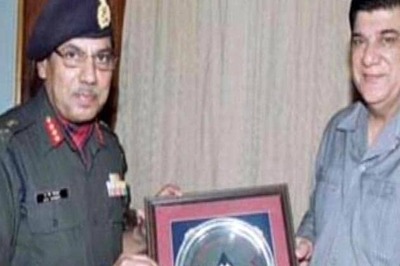





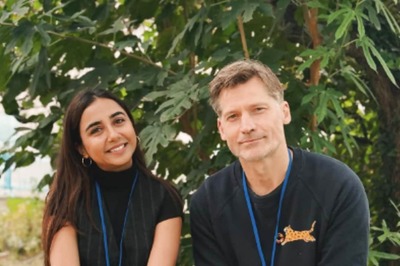
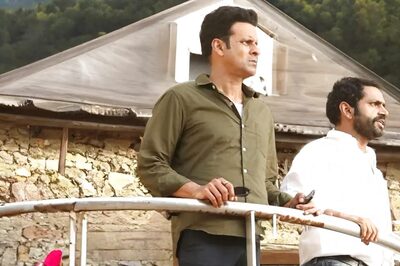


Comments
0 comment